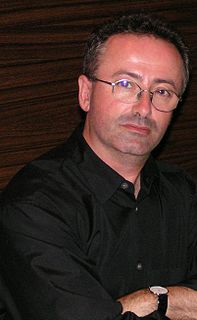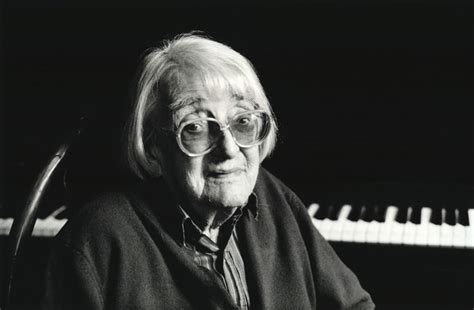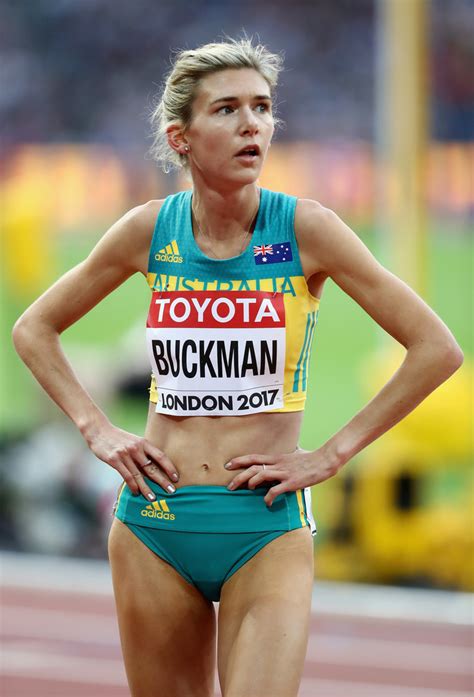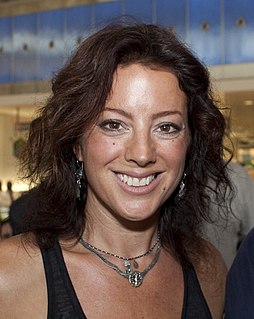Цитата Агнес Варда
Я думаю, что была феминисткой до рождения. Где-то у меня была феминистская хромосома.
Темы цитат
Связанные цитаты
Думаю, я была феминисткой до того, как было изобретено это слово. К тому времени, когда я наткнулась на феминистские книги американских или европейских писателей, я поняла, что есть способ или язык, чтобы выразить все эти чувства, которые я испытывала годами, и поэтому я стала яростной феминисткой в молодости.
Я считаю, что меня воспитали с феминистскими ценностями, но я не думаю, что когда-либо слышала, чтобы моя мама называла себя феминисткой. До того, как я назвала себя феминисткой, я думала о феминизме скорее как об историческом термине, описывающем женское движение в 70-х, но мало что знала о том, что они сделали, и не думала, что это вообще применимо к моей жизни.
Многие женщины, похоже, придерживаются похожего мнения: «Я не феминистка» — и это надоедает. Что плохого в том, чтобы быть феминисткой? Я горжусь тем, что я феминистка. Это был один из самых положительных моментов в моей жизни. Это одна из лучших традиций. Замечательно быть феминисткой и отстаивать свой пол, бороться с неравенством и несправедливостью и работать на благо общества.
Я считаю себя стопроцентной феминисткой, что противоречит феминистскому истеблишменту в Америке. Для меня великая миссия феминизма состоит в том, чтобы добиваться полного политического и юридического равенства женщин с мужчинами. Тем не менее, я не согласен со многими своими коллегами-феминистками как феминистка за равные возможности, которая считает, что феминизм должен быть заинтересован только в равных правах перед законом. Я категорически против специальной защиты женщин, в которой, как мне кажется, за последние 20 лет многое из феминистского истеблишмента сдвинулось с места.
Люди часто спрашивают меня: «Ну, можешь ли ты выступать за жизнь и быть феминисткой? Можете ли вы быть консервативной и феминисткой?» И я думаю, что да, может быть, лично вы можете быть такими. Но я думаю, что если вы выступаете за закон или боретесь за ограничение прав других женщин, то вы не можете называть себя феминисткой.
Знаешь, люди часто спрашивают меня, ну, можешь ли ты выступать за жизнь и быть феминисткой? Можете ли вы быть консервативным и быть феминисткой? И я думаю, что да, может быть, лично вы можете быть такими. Но я думаю, что если вы выступаете за закон или боретесь за ограничение прав других женщин, то вы не можете называть себя феминисткой.
Я всегда была феминисткой. Моя мать была феминисткой; моя бабушка была феминисткой. Я всегда понимал, что женщинам приходится очень тяжело бороться, чтобы делать то, что они хотят делать в этом мире, что это был нелегкий выбор. Но я думаю, что наиболее важной частью является то, что мы все хотим, чтобы к нам относились серьезно как к человеческим существам, и чтобы мы использовали наши таланты без оговорок, а это все еще невозможно для женщин.
Я думаю, любой, кто хочет социального, политического и экономического равенства для женщин, может называть себя феминисткой. Конечно, все становится сложнее, когда вы видите настроенных против женщин политиков или ученых мужей, претендующих на звание феминисток, в то же время усердно работающих над уничтожением феминистских завоеваний.



































